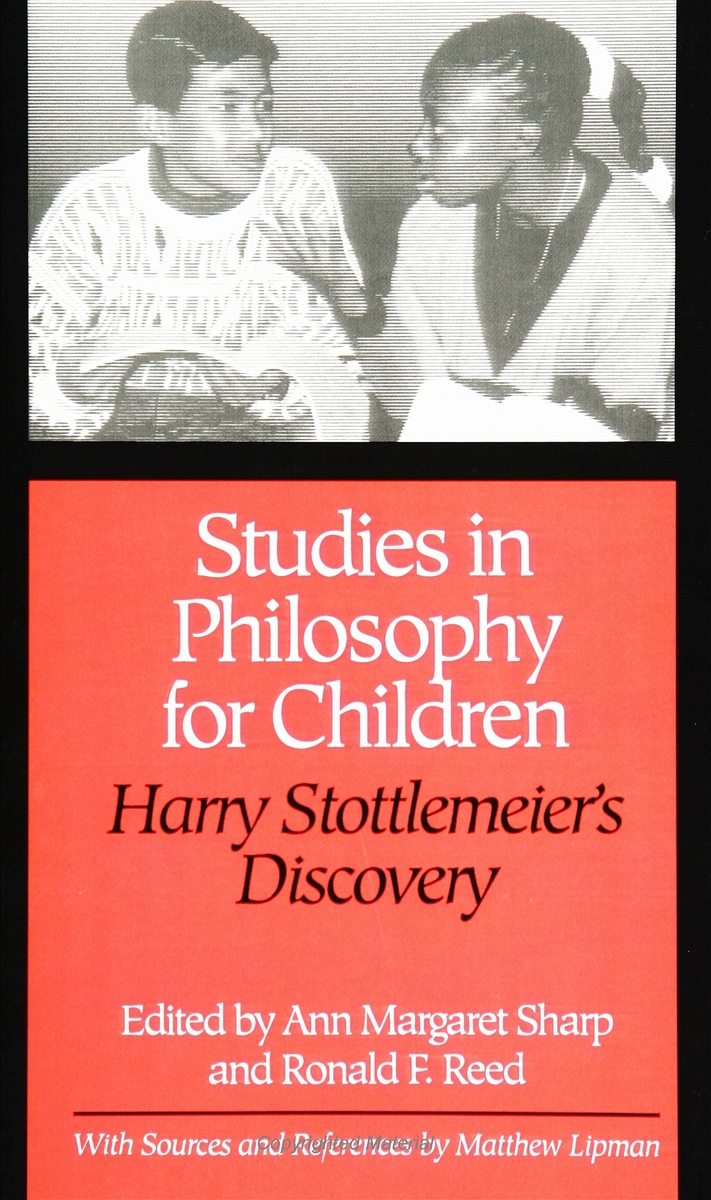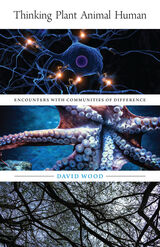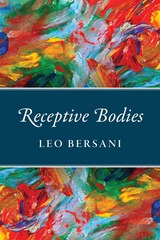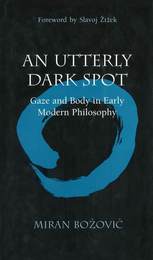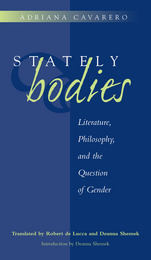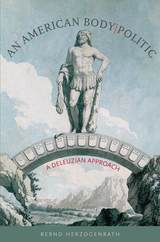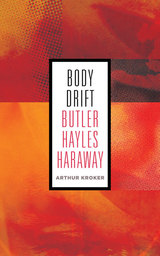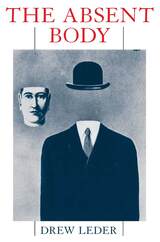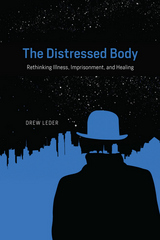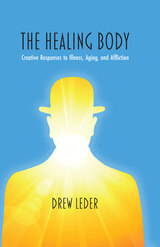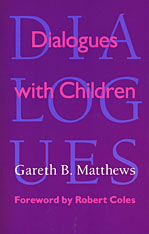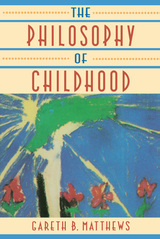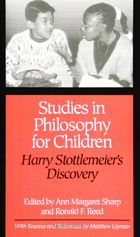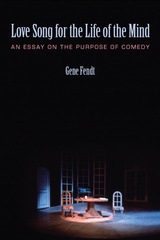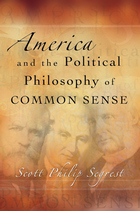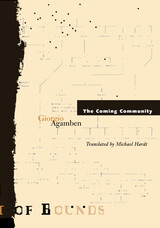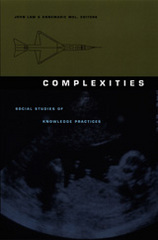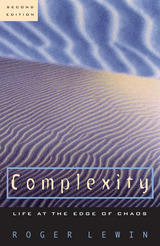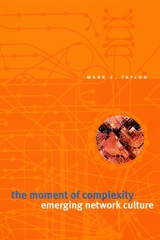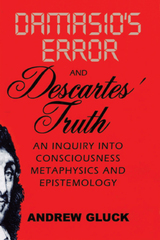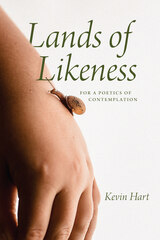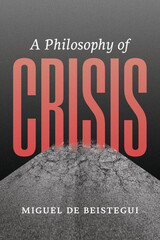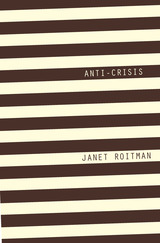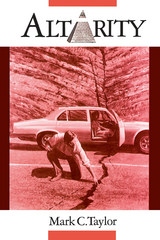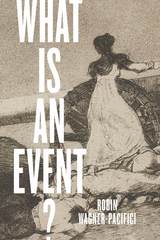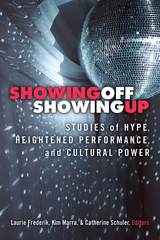Paper: 978-0-87722-873-8 | Cloth: 978-0-87722-872-1 | eISBN: 978-1-4399-0174-8
Library of Congress Classification B105.C45S78 1992
Dewey Decimal Classification 100
Harry Stottlemeier's Discovery, created by Matthew Lipman in 1969, is now a widely used and highly successful tool for teaching philosophy to children. As the original novel of the Philosophy for Children program, its goal is to present major ideas in the history of philosophy, nurturing children's ability to think for themselves. At present, it is taught in 5,000 schools in the United States and has been translated into eighteen languages worldwide. This collection of essays reflects upon the development, refinement, and maturation of Philosophy for Children and on its relationship to the tradition of philosophy itself.
The contributors are philosophers themselves who have taught from Lipman's novels or conducted workshops instructing elementary school teachers on how most effectively to utilize the program in their classrooms. Teaching Harry raises philosophical issues concerning such concepts as authority, morality, religion, justice, truth, knowledge, beauty, and goodness. Gracing each article with personal experience, the authors recount their own struggles against the claims of philosophers and psychologists who have previously underestimated children's moral capability because of their lack of political and social experience.
See other books on: Children and philosophy | Ethics & Moral Philosophy | Lipman, Matthew | Studies | Study and teaching (Elementary)
See other titles from Temple University Press
